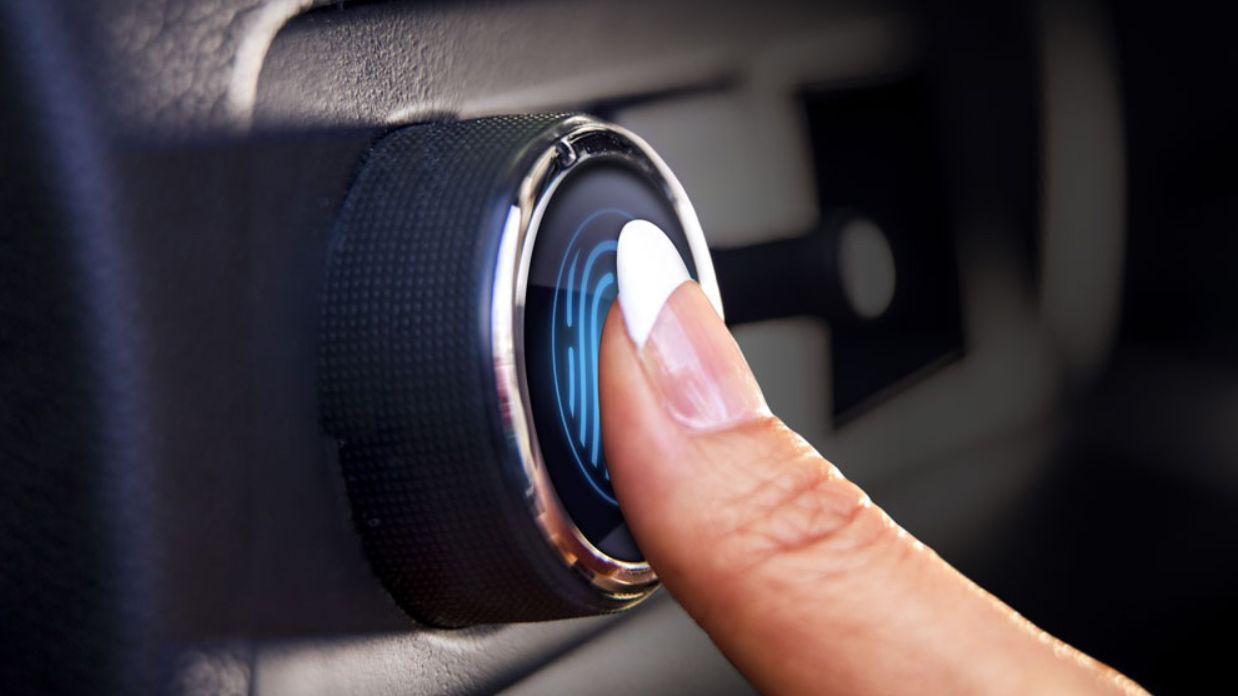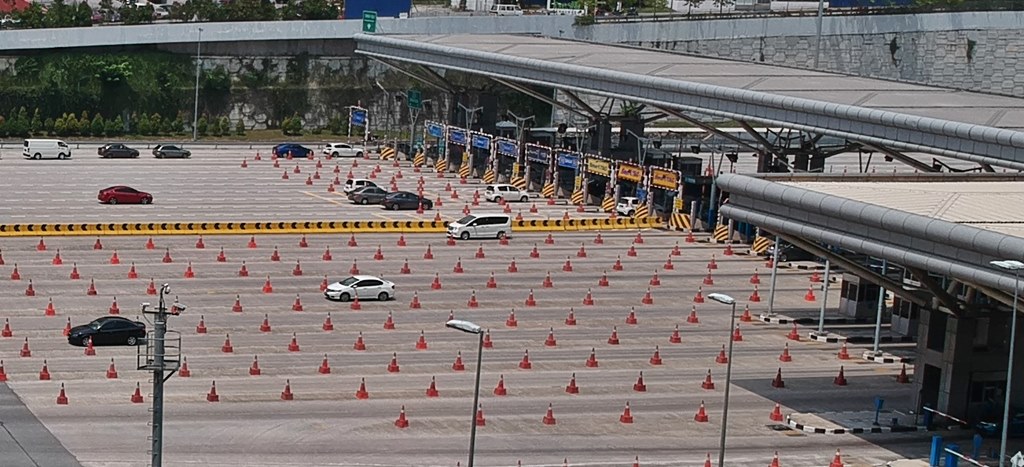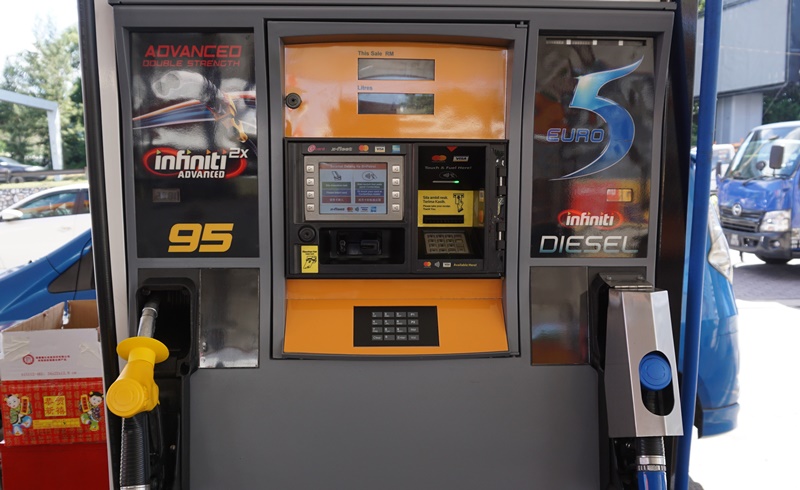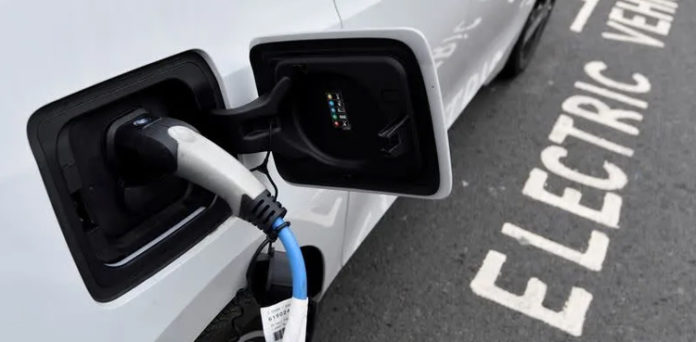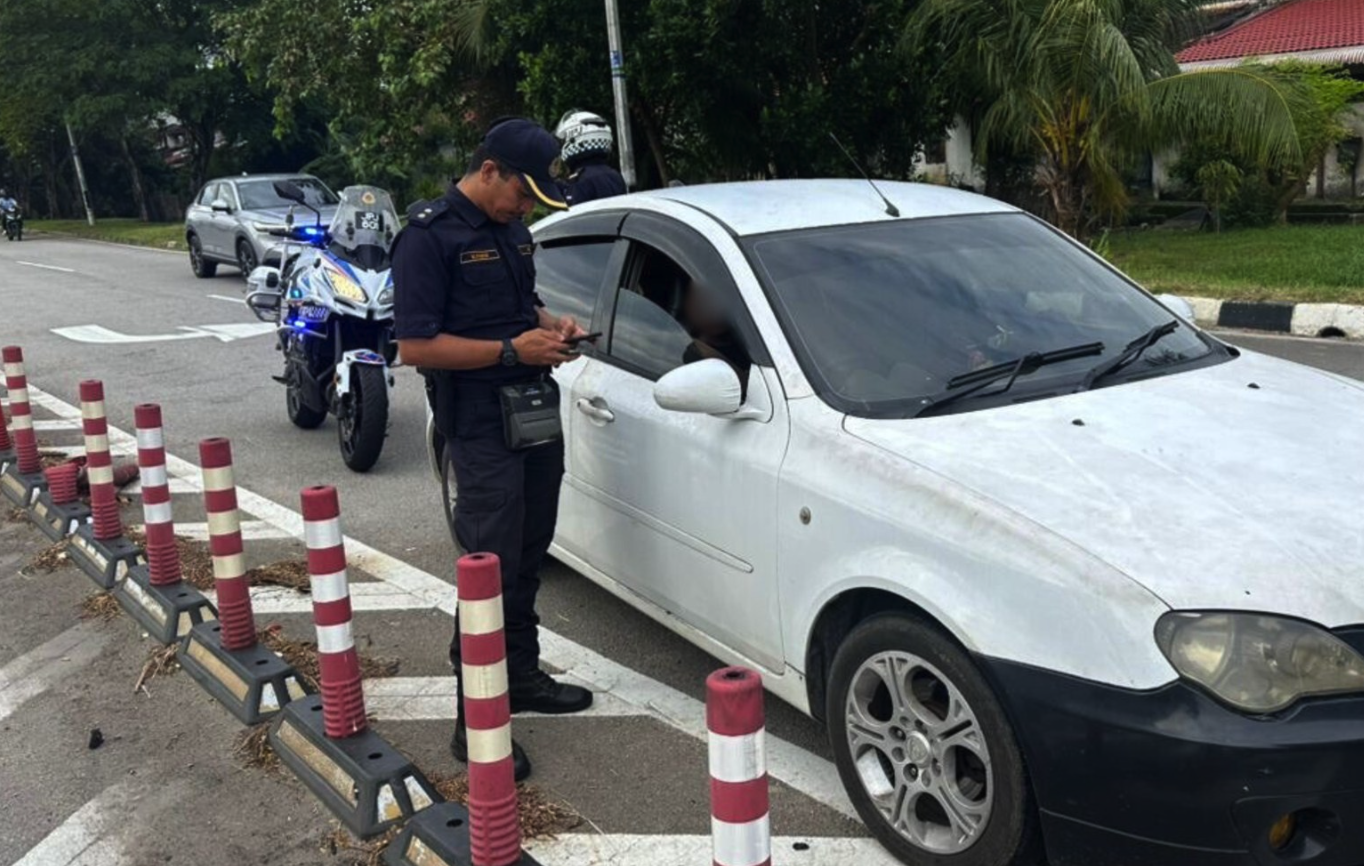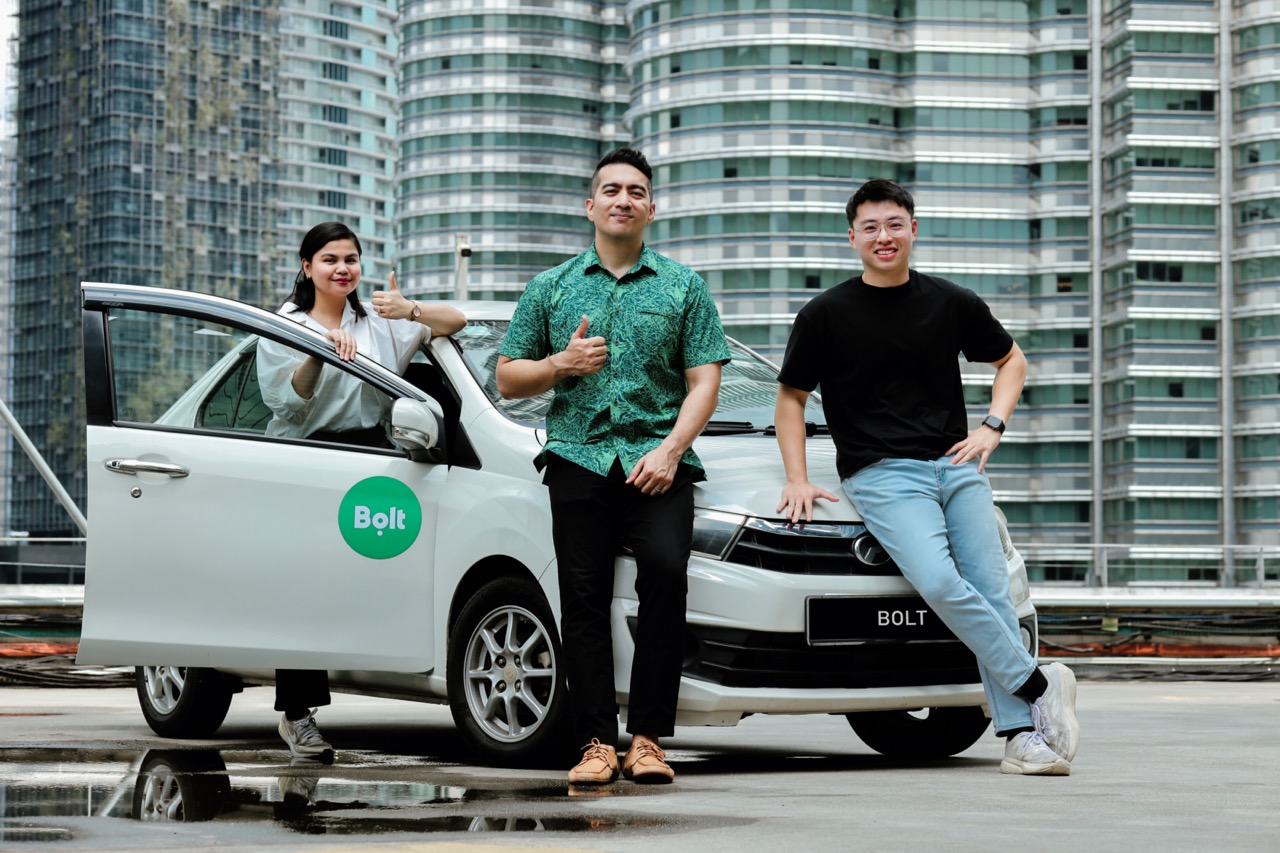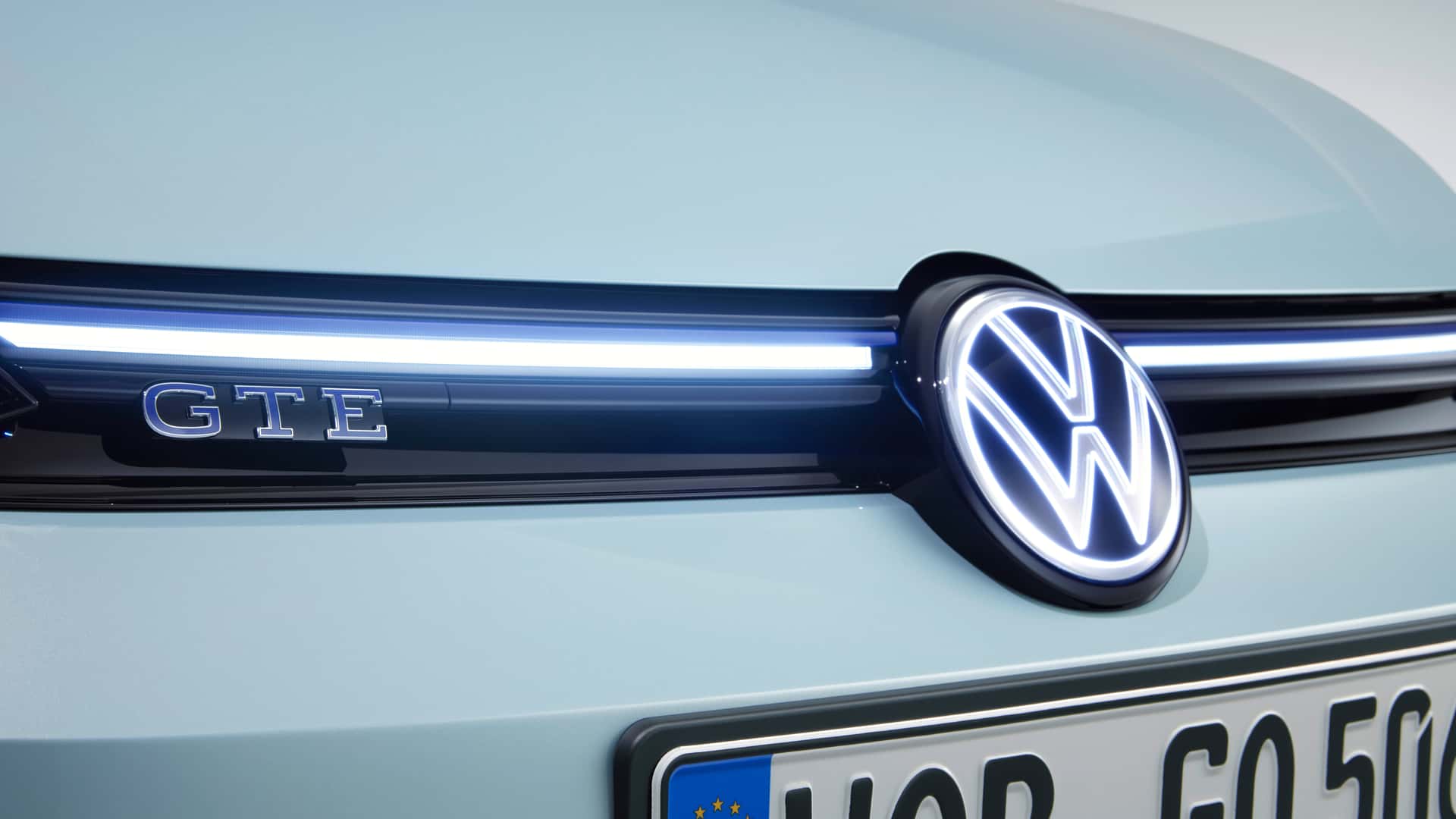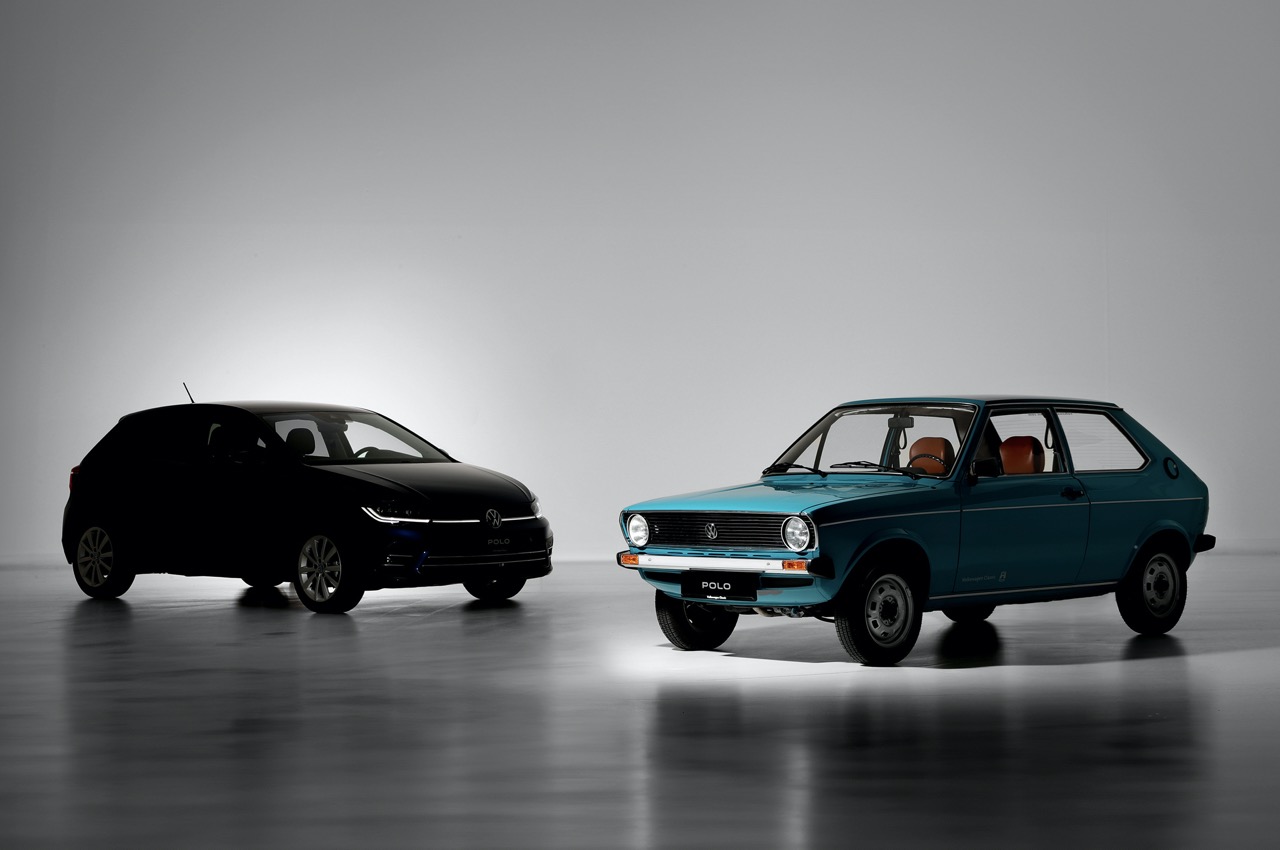It’s bad enough that we are being spied on through our electronic devices, now our cars can do the same. Yes, with up to 25 gigabytes of data produced every hour, modern cars are already on par with smartphones in terms of data collecting.
Despite not exactly knowing where you are heading, your new car does know where you have been. Additionally, it may occasionally disclose all of your private information to shady third parties as well as automakers like Ford and Toyota.
The data consists primarily of information that makes sense, such as the full names, residences, phone numbers, emails, and licence numbers of the drivers. Every transaction now seems to come with a courteous request for your phone number or email address.
Modern cars, however, also store specific driving information, such as the date and time of use, the vehicle’s speed, acceleration, and braking, as well as the specifics of any given trip, including the destination, the weather, and the route taken. Some of the most recent versions additionally monitor “refuelling activity,” battery life, onboard camera photos, and even biometric information like fingerprint and facial recognition.
When you get inside one of its automobiles, some Toyota models can also scan your face for face recognition. According to Toyota, this can confirm a driver’s identity and the profile that is saved on a vehicle. Any facial traits are solely stored on the vehicle and not sent to Toyota and this data cannot be read by humans.
According to a study, owners of Toyota models including the Camry, Rav4, and Tacoma (not available in Malaysia), do have the choice to refuse Toyota’s request for their approval before transmitting any information to the company. Owners can also “turn off all data transmission on their vehicle” by getting in touch with customer support.
Honda gathers personally identifying information, like contact details, personal identification numbers, information from your driver’s licence, and your location, just like other manufacturers. All of this largely fits within what Honda refers to as “covered information”—basically, information that has been obtained about you.
Honda can get data on the status of your airbag system, the petrol level in your car, the tyre pressure, and the battery charge. They can also gather trip log data. There is also information about how you utilise the connected features of your car, like search results, call logs, and voice commands (which might capture audio). Pedal position, engine speed, and steering angle are additional examples of driver behaviour data that can be collected.
The collection and use of personal data by cars and their associated systems raise important privacy considerations. Regulations and guidelines differ across regions, but companies generally have to adhere to data protection laws and seek user consent for data collection and usage. It’s essential for car manufacturers and service providers to be transparent about the data they collect, how it is used, and how long it is retained.
It’s worth noting that the specific implementation and extent of data tracking can vary depending on the manufacturer, model, and associated services. If you have concerns about a particular car or system, it’s advisable to review the privacy policies, terms of service, and user agreements provided by the manufacturer or service provider.


